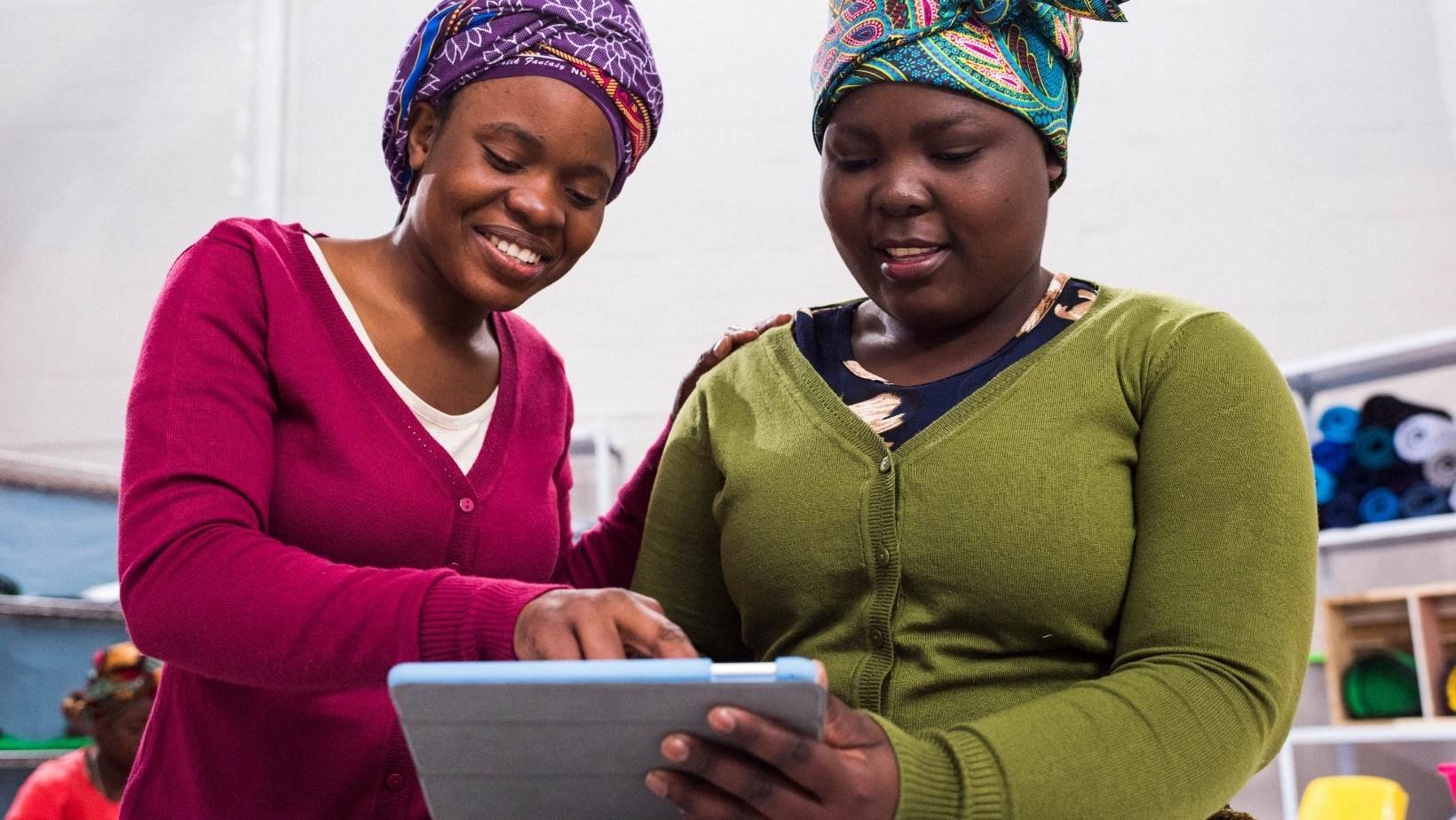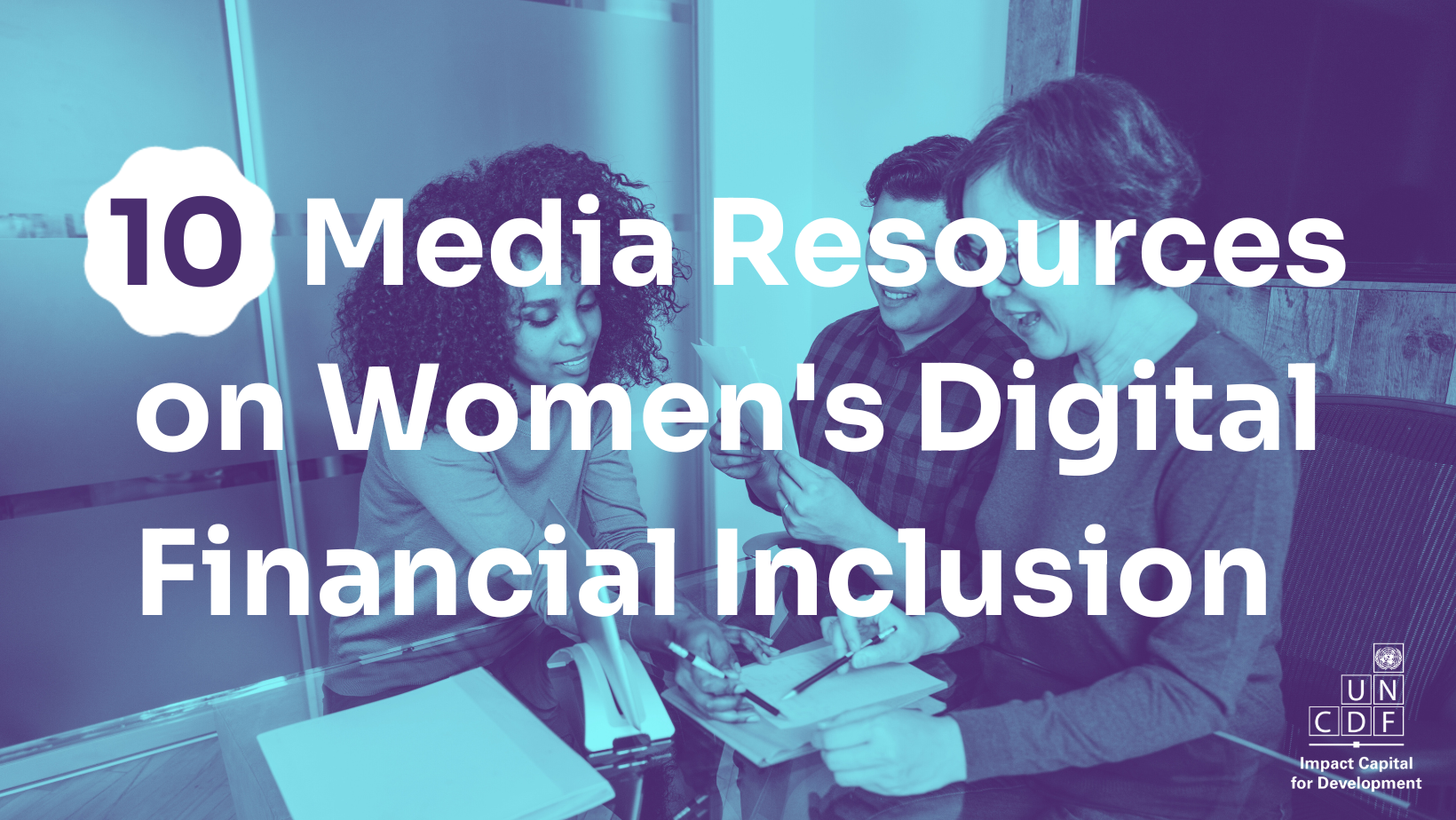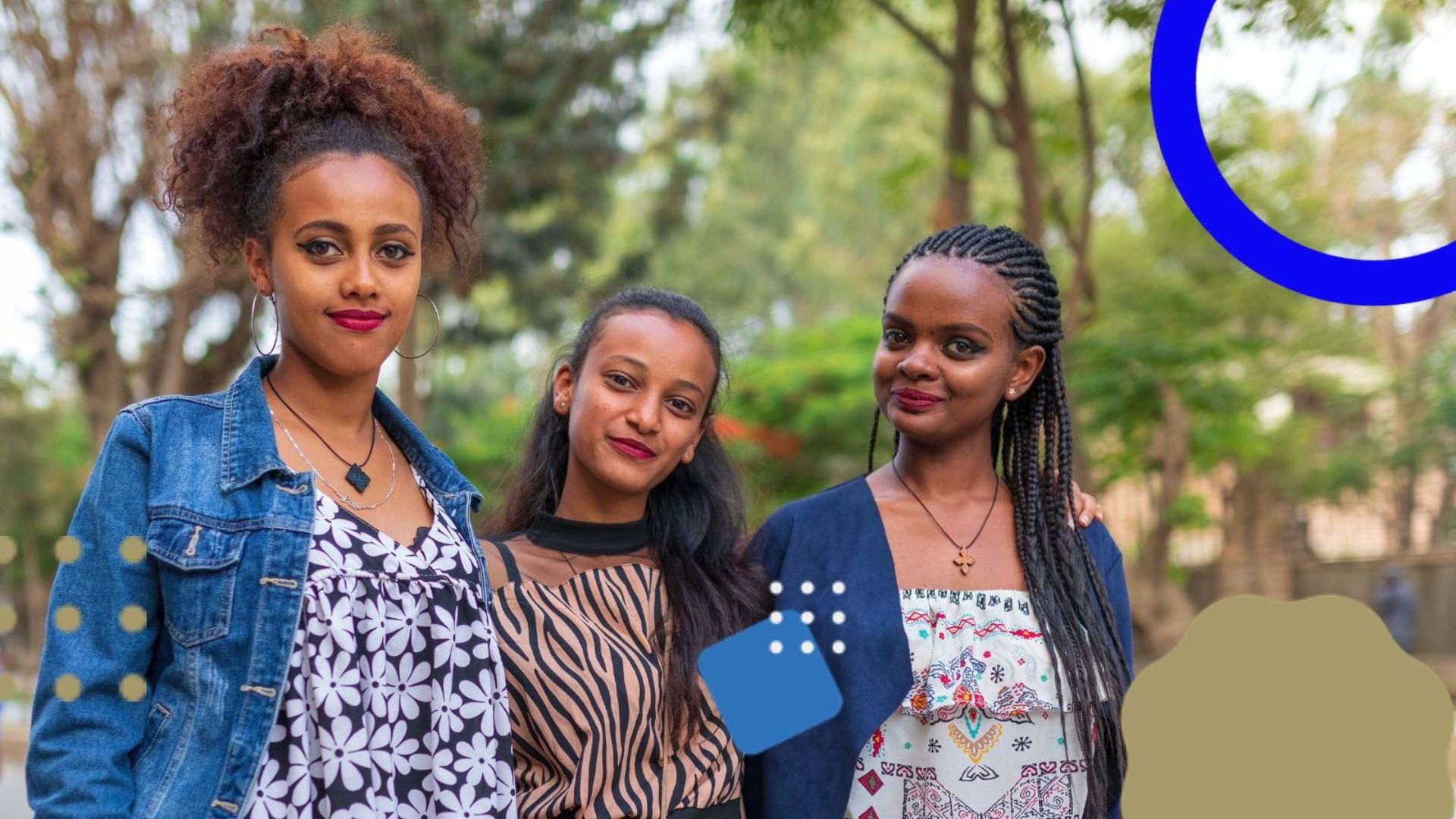
Gender-intentional policymaking
We partner with governments to advance policies and regulations that are intentional about including women in the digital economy.
Accelerating gender-intentional policy change
Access to and use of digital financial services are important drivers of economic participation for women in emerging economies. Many policymakers and regulators are actively seeking ways to implement policies and reforms that can enable women to lead financially secure lives.
(See The Impacts of Digital Financial Services on Women’s Economic Empowerment by The Bill & Melinda Gates Foundation.)
We work closely with governments and civil society to prioritize women at all stages of policymaking process. We do this through focusing on POLICY, PARTICIPATION, and POWER:
+ 1. POLICY: Anchoring gender in policy design
Policy and regulation can open pathways to increased financial inclusion and financial health, but they can also reinforce barriers to women's participation in the economy. That's why it's critical to put the needs of women at the forefront when designing and implementing policy.
We support the development of gender-intentional DFS policies by:
Delivering technical assistance to policymakers and regulators so they can develop and supervise policies that enable the economic inclusion and participation of women.
Creating tools and resources for policymakers and regulators to support them during their analysis, design, and implementation of inclusive DFS policies.
Conducting research on evidence-based policymaking and evaluating the effectiveness of policies intended to promote women’s access and use of DFS.
Highlights
- In Algeria, we were invited to an event with CARE, a local think-tank, to present on inclusive DFS regulations. Leading up to this event, we engaged the government in conversations around the need for DFS development and market reforms. This resulted in the creation of a capacity-building program to discuss the importance of DFS to Algeria’s economic development and the essential role e-money, women, consumer protection, as well as non-banking agents play in achieving public policy targets. Following several discussions with policymakers active in the Algerian financial sector, a letter of cooperation was signed with the Ministry of Finance engaging these actors – including the Central Bank of Algeria - in training sessions with the goal of providing an overview of the policy options available for developing DFS in the context of the current review of the Algerian Money and Credit regulation. This capacity-building program is currently being delivered and will end in January 2023.
- In Sierra Leone, we collaborated closely with the Bank of Sierra Leone (BSL) to review their new financial consumer protection guidelines. We supported their public consultation process, which prioritized feedback from women’s groups, as well as knowledge exchange with peer markets. Our ongoing engagement focuses on providing technical assistance — with a gender lens — for the implementation of the Financial Consumer Protection Guidelines as well as the National Financial Inclusion Strategy. We will also support regulators in developing financial inclusion indicators as well as databases to track and manage complaints.
+ 2. PARTICIPATION: Facilitating inclusive participation
Inclusive policymaking requires people directly impacted by policy change to participate in its design and implementation, yet governments and the private sector are often not deliberate about hearing from female consumers or female representatives of industry and civil society.
We support participation in the policymaking process by:
Fostering regular dialogue between diverse stakeholders, including the private sector and civil society.
Supporting women to lead advocacy for their needs and ensuring the voices of female consumers shape the policymaking process.
Co-creating multi-stakeholder advocacy strategies to ensure gender considerations related to DFS are a policy priority.
Highlights
- In Central Africa, we convened a panel on Women and Digital Financial Services with participants across the six countries in the CEMAC region. Together, they made 23 recommendations to improve financial inclusion and consumer protection of women and are now advocating for those changes with policymakers and regulators.
- The Women’s Digital Financial Inclusion (WDFI) Advocacy Hub, led by Women’s World Banking and the United Nations Capital Development Fund (UNCDF), brings together local, regional, and global stakeholders with the common objective of accelerating progress in WDFI. In 2022, we launched a cross-sector coalition in Ethiopia focused on implementing policy and market solutions to WDFI.
+ 3. POWER: Bolstering power and representation
Women are not equally represented in decision-making positions and often miss out on training and leadership opportunities.
We champion female leaders and support all policymakers to introduce a gender lens in DFS policy-making and implementation by:
- Strengthening the capacity of policymakers of all genders to design and supervise gender-intentional policies.
- Advocating for women to be in decision-making roles and to have the tools and resources they need to promote gender-intentional policy change.
Highlights
- We partnered with five learning institutions to deliver courses and have disbursed 345 scholarships to 52 institutions in 27 countries. Our percentage of female participants has increased from 34% in 2019-2021 to 45% in 2022.
- We co-developed and translated a course with Toronto Centre and Digital Frontiers Institute on digital financial inclusion supervision and gender.
- We launched women-only application calls for Cambridge University and Women's World Banking executive education programs.
- We partnered with the Fletcher School at Tufts University to offer a workshop series to promote gender equity in digital and financial inclusion in Ethiopia.
Key projects
With the support of the French Ministry of the Economy, Finance and Industrial and Digital Sovereignty and the Bill & Melinda Gates Foundation, and in collaboration with our strategic partners, we have developed a model for organising and elevating women’s voices in the DFS policymaking process.

10 Media Resources on Women's Digital Financial Inclusion
Are you a journalist interested in women's digital financial inclusion (WDFI)? Do you want to enhance your knowledge of WDFI challenges and gain better insight into global opportunities for change, particularly in Ethiopia and Africa?
Here are some resources to help you get started.

Funding opportunity: Women’s Digital Financial Inclusion in Ethiopia
Learn more about an open call for applications for civil society-led projects that advance women’s digital financial inclusion in Ethiopia. The deadline to apply is June 22, 2023.
Note: The grants are administered by Women’s World Banking with UNCDF operating as a technical advisor for grant selection and monitoring and evaluation.

Campaign: Women’s Digital Financial Literacy in Ethiopia
Working together across sectors, we collected resources, examples of good practices, and key insights on women’s digital financial literacy to share with the National Bank of Ethiopia and inform the implementation of the strategy.
Spotlight on women’s digital financial inclusion in Ethiopia
Growing and learning
Women’s economic empowerment is a key focus of our work and a central component of our commitment to creating the conditions where digital financial services can benefit everyone.
In the coming months we will continue to offer sustained regulatory technical assistance and optimize the impact of this assistance through targeted advocacy and capacity building that drives high-level buy-in and leverages local evidence and expertise.



